
All you need to know about the same-sex marriage battle in Utah
A legal battle is being waged in Utah over the issue of same-sex marriage. It's a fight that has reached the 10th Circuit Court of Appeals, which will hear oral arguments at 10 a.m. Thursday in Denver.
Our Brooke Adams, who has covered the case since the beginning, lays out the arguments both sides are likely to make Thursday. The Denver Post also offers a solid analysis of the case.
The issue has drawn thousands for rallies and protests, including a sendoff for the plaintiffs and their lawyers Monday night.
Here's a look at how we reached this point and the major players involved in Thursday's showdown.

Amendment 3 passes easily
This really is where the debate began, when Utah passed an amendment to the state's constitution that defined marriage as the legal union between a man and a woman. Two out of every three voters cast their ballot in favor of the amendment in the Nov. 2, 2004 election.
Legal battle begins: Utah couples file suit
Three Utah couples filed a lawsuit against Utah in U.S. District Court. The couples — Derek Kitchen and Moudi Sbeity, Karen Archer and Kate Call, and Laurie Wood and Kody Partridge — argued that Amendment 3 violated their rights under the Fourteenth Amendment to the U.S. Constitution, which would make Amendment 3 unconstitutional. The suit was filed March 25, 2013.
Federal judge strikes down Utah ban on same-sex marriage
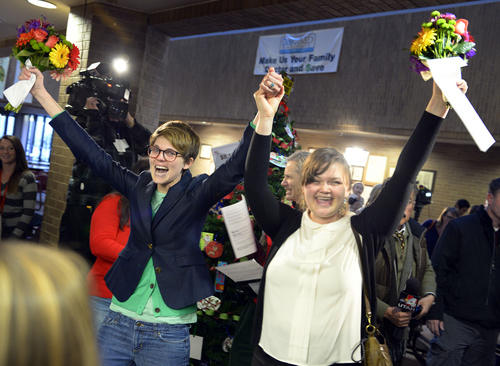
U.S. District Judge Robert J. Shelby sided with the plaintiffs, writing, "The state's current laws deny its gay and lesbian citizens their fundamental right to marry and, in so doing, demean the dignity of these same-sex couples for no rational reason. Accordingly, the court finds that these laws are unconstitutional." Gay marriage suddenly was legal in Utah.
Salt Lake County offices see a crush of same-sex marriages
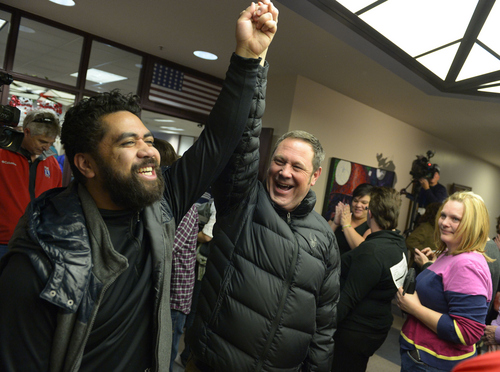
After Shelby's ruling, scores of Utah's LGBT citizens rushed to their local county clerk's office to obtain a now-legal marriage license. Some offices extended their hours. Others waited for confirmation from the state that the marriages would be legal. Still others, like Utah County, refused to issue licenses. New attorney general Sean Reyes eventually ordered all counties to begin granting the licenses.
Judge denies Utah AG's request to halt same-sex marriages
The state of Utah tried to get a stay issued on Shelby's ruling, but Shelby refused to stay his own decision. The state also tried unsuccessfully to get a stay from the 10th Circuit Court of Appeals. In the end, it was U.S. Supreme Court Justice Sonya Sotomayor who granted a stay of the decision after 17 days of legal gay marriage in Utah.
"Legal limbo"
While lawyers argue and judges consider the case, Utah's same-sex couples are in a kind of legal limbo. After the U.S. Supreme Court granted the stay, Utah decided to place the marriages already performed "on hold," rather than fully recognize or refuse to recognize them. "Wherever individuals are in the process of availing themselves of state services related to same-sex marital status, that process is on hold and will stay exactly in that position until a final court decision is issued," Gov. Gary Herbert wrote in a letter to state agencies. Even marriage licenses already issued were put on hold, pending a decision from the 10th Circuit Court, and in all likelihood eventually the Supreme Court.

Plaintiffs' attorneys: James Magleby and Peggy Tomsic
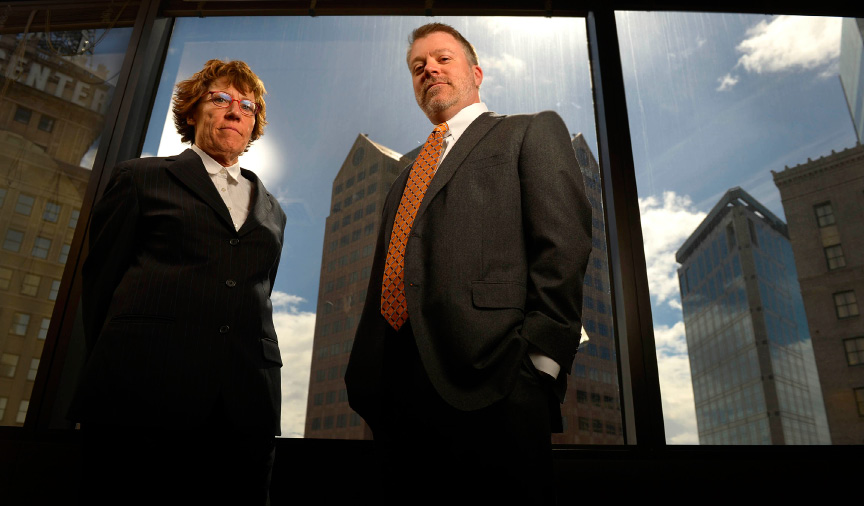
The legal team worked together to win a $134 million verdict against PacifiCorp, so big cases are nothing new to the duo. "We didn't know at which level we would win, but we knew in the long run we were right," Magleby said about taking the case.
Defendants' attorneys: Gene Schaerr, John Bursch and Monte Neil Stewart
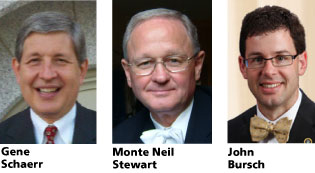
Reyes, the Utah AG, hired the three men in January to defend the state in the suit. Reyes said he chose Schaerr because of his 80 percent win rate at the 10th Circuit.
The panel of judges

A computerized lottery picked the three 10th Circuit Court of Appeals judges who will hear the case. The three are Paul J. Kelly Jr., Jerome A. Holmes and Carlos F. Lucero. Kelly was nominated by George H.W. Bush in 1991, Holmes by George W. Bush in 2006 and Lucero by Bill Clinton in 1995.
Judge Robert J. Shelby
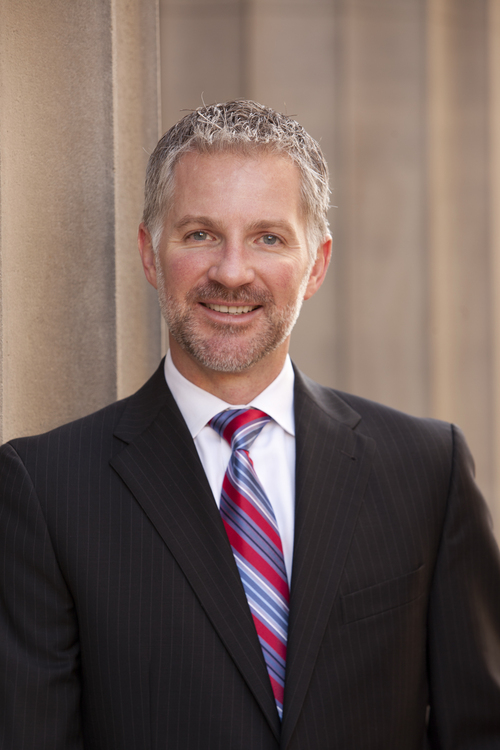
The 44-year-old judge ruled that Utah's Amendment 3 was unconstitutional, which briefly opened the door for same-sex couples to marry in the state. He was nominated to the federal bench by President Barack Obama in November 2011 and was confirmed by the U.S. Senate on Sept. 22, 2012. The New York Times also tried to shed a little light on the former night manager at a Macey's in Logan.